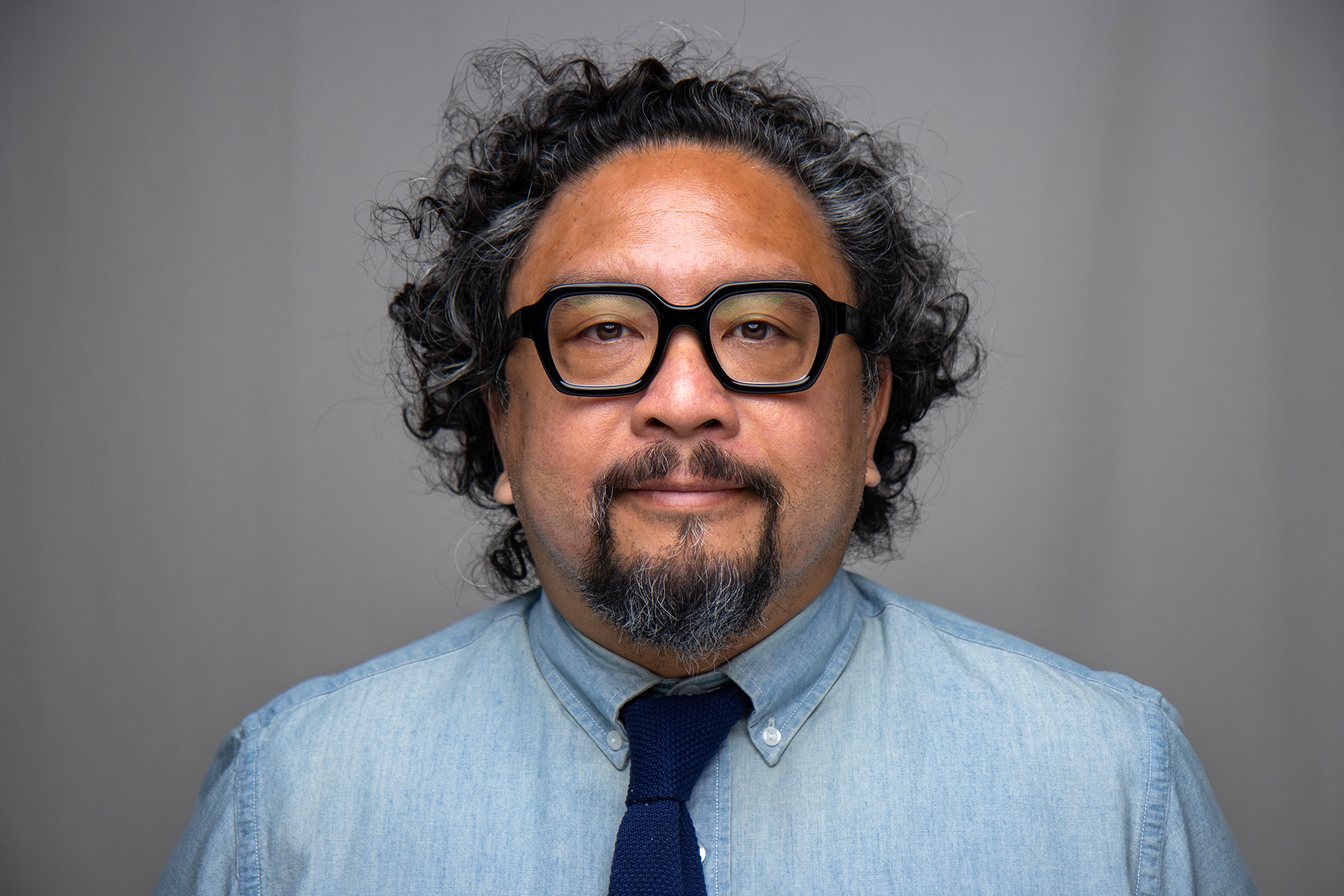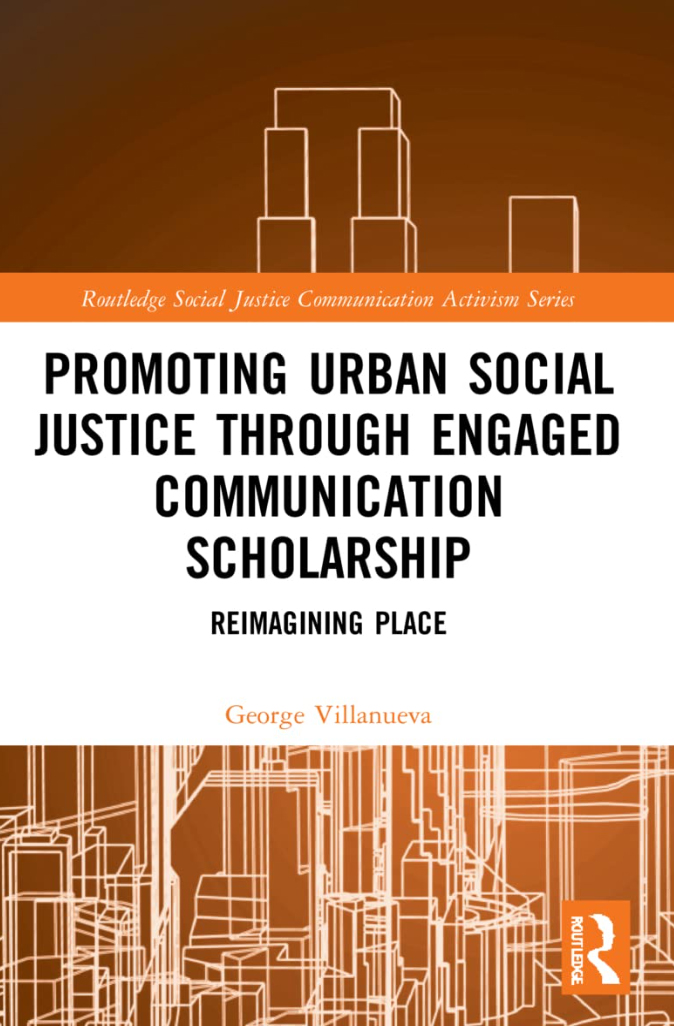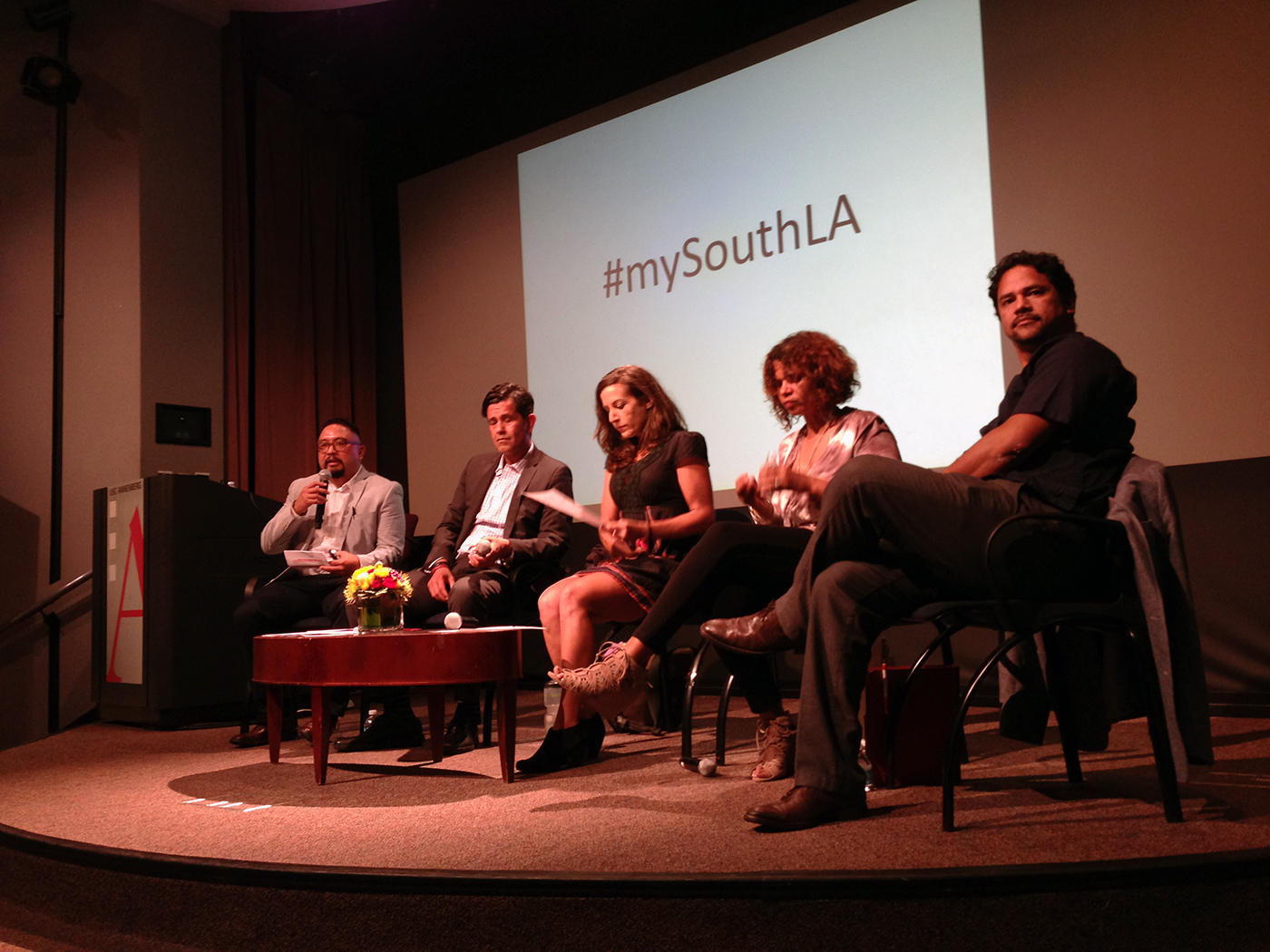
As a faculty member in the Department of Communication and Journalism at Texas A&M University, Dr. George Allen Villanueva relishes his opportunities to provide insight on important topics while refining his research and practice. In 2021, he published his debut book, Promoting Urban Social Justice Through Engaged Communication Scholarship: Reimagining Place — a project that took him more than five years of fieldwork and has now received the Jane Jacobs Urban Communication Book Award from the Urban Communication Foundation.
“The process for this specific research project was a personally reflective journey for me,” Villanueva said. “It allowed me to reflect on my attempts to bridge what I learned in academia about theories of social justice with the 20 years of community building practice work I engaged in while working with various multiethnic and multiracial communities in Los Angeles, the city I'm from.”
The Urban Communication Foundation studies the growth of cities “along with the changing channels of communication, the shifting designs of urban structures, and the growth of regulation and infrastructures governing the community and social interaction.” Broadly, the field of urban communication applies communication theory to cities, contextualizing their function as a medium of communication through interdisciplinary perspectives, such as through the lens of economists, geographers, sociologists, urban planners, environmental psychologists, artists and more. Ultimately, urban communication focuses on how human behavior and interpersonal interactions shape and/or are shaped by a city.

The Jane Jacobs Urban Communication Book Award is presented annually in recognition of an outstanding book that exhibits excellence in addressing issues of urban communication. The award is named honor of Jane Jacobs, late social activist and author of The Death and Life of Great American Cities.
Villanueva receiving this award proves his years of fieldwork and contribution to the field of urban communication provide a singular insight through one of America’s largest cities.
“For me, winning this award means that all the years struggling with whether I should focus on urban issues, engaged scholarship and social justice in my communication doctoral program was not a wasteful gamble,” Villanueva said. “I think the field of communication has historically paid attention to media effects, rhetoric, health and industry research. The communication issues I was interested in while researching and writing the book have not received as much academic space as traditional research areas. Thus, the book is a contribution to the idea that communication has something to say about issues of urban planning and cities.”
Villanueva’s book presents three innovative case studies situated in South Los Angeles that model university-community partnerships to promote positive social change. He demonstrates how these partnerships can be incorporated into social justice-oriented curriculum and engaged learning projects. The book also provides recommendations on how communication research and media practices can build local power in urban neighborhoods and purposefully serve the concerns of marginalized groups in society.
“My book positions researchers and academics as potential social change agents that can harness their research and university resources toward engaging marginalized communities to empower themselves and advocate for equity in cities,” Villanueva said. “A more equitable future means recognizing injustices and redistributing resources to marginalized communities to repair the histories and realities of a racially, gendered and sexually unequal society.”

A member of the Texas A&M faculty since 2022, Villanueva currently is doctoral program coordinator in Communication and Journalism and a member of the Asian American Studies Taskforce. His most recent work includes serving as the principal investigator for a 2022-23 grant from the Waterhouse Family Institute for the Study of Communication.
Villanueva received his Ph.D. in communication with a graduate certificate in visual anthropology from the University of Southern California in 2014. He served as an assistant professor (2015-21) and associate professor (2021-22) in the School of Communication at Loyola University of Chicago prior to coming to Texas A&M.
Villanueva says his many accolades and experience in the field of communication only reinforce his dedication to his students’ growth and education.
“My priority is becoming a resource for the graduate program and the students in imagining and making a more just world,” Villanueva said. “I came to Texas A&M because the Department of Communication and Journalism is a highly interdisciplinary and multidisciplinary unit which possesses a graduate program with M.A. and Ph.D. students who are eager to be trained in engaged scholarship to make a just impact in their areas of interest.”

